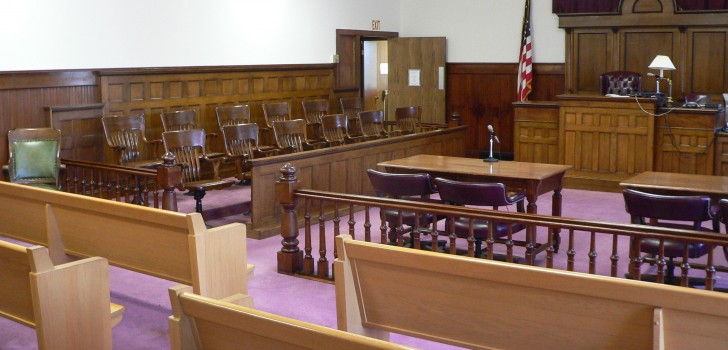Some legal experts are saying that charging a defendant with a crime that is worthy of capital punishment makes courts more likely to make false convictions.
Indeed, Supreme Court Justices Ruth Bader Ginsburg and Stephen Breyer said in their dissenting opinion in the case of Glossip v. Gross that the potential for false convictions causes the death penalty to violate the Eighth Amendment, which forbids cruel and unusual punishments.
As for the idea that being charged with a capital crime is more likely to result in a false conviction, the theory is that juries working on legal cases where capital punishment is involved are said to be more likely to make a conviction when the evidence that is presented is somewhat questionable.
Even though all defendants are supposed to enter the legal process with a presumption of innocence, this is likely not the case for capital defendants. While this right is supposed to become more important and more critical the more serious the crime, the opposite is what actually occurs. When a person is charged with a horrific crime, such as a brutal homicide, it’s hard for the jury not to look at that individual with a sense of disdain from the very start.
Another thing to consider is that in capital juries, members of the jury are supposed to enter the hearing with a presumption that life is generally more appropriate than death. Based on current law, most murders should not warrant capital punishment. It’s only when particular “aggravating factors” are involved that capital punishment should be considered. The law says that we only provide death for the worst of the worst criminals.
Unfortunately, we may have achieved somewhat of the opposite, since jurors who are inherently against the death penalty are often excluded from participating in cases where the death penalty is a realistic option.
The current procedure for capital punishment cases requires that jurors consider whether or not death is an appropriate punishment before determining whether or not a defendant is guilty. They must also keep an open mind throughout the entire process.
However, this procedure has a backwards effect. Once a jury determines that a case could be considered appropriate for death, the jurors start simply going through the motions. In their minds, the defendant is already guilty. They start deciding without hearing the evidence. By simply “qualifying” a case as meeting the criteria for death, the jury feels like it already made a conviction. They are convinced in advance, before the real trial actually begins.
The good news is that there is a change that might help to eliminate this predisposed bias. The solution would be to have two different juries for the same case. The first jury would determine whether or not the defendant was guilty. A second, totally different jury would then determine if death is an appropriate punishment. By doing this, the court would be able to eliminate a predisposed bias of the jury.
Additionally, many current juries exclude members of the public that are inherently against the death penalty. By establishing two types of juries, one for convicting and one for sentencing, such philosophies would not need to be taken into consideration, since the first jury would be considering entirely based on evidence rather than personal philosophy. Certain groups of people, like women and Democrats, are less likely to support the death penalty. This causes juries in capital cases to be disproportionately represented. This is a problem that needs to be fixed.
Overall, changes to the current system need to be made. After all, a false conviction on a death sentence is a very serious matter. And if people facing death are actually more likely to be falsely convicted, then the integrity of our entire court system is jeopardized.
Stay Connected